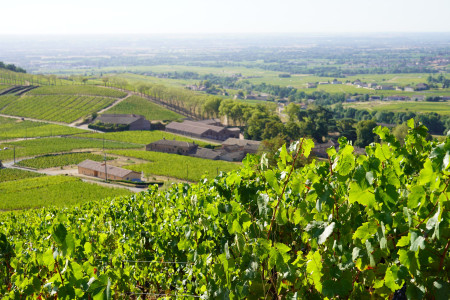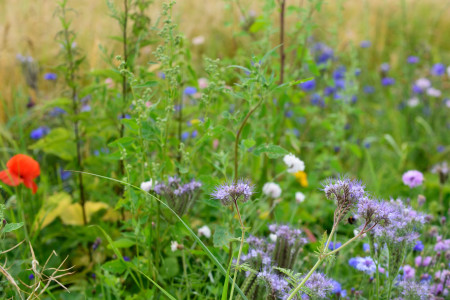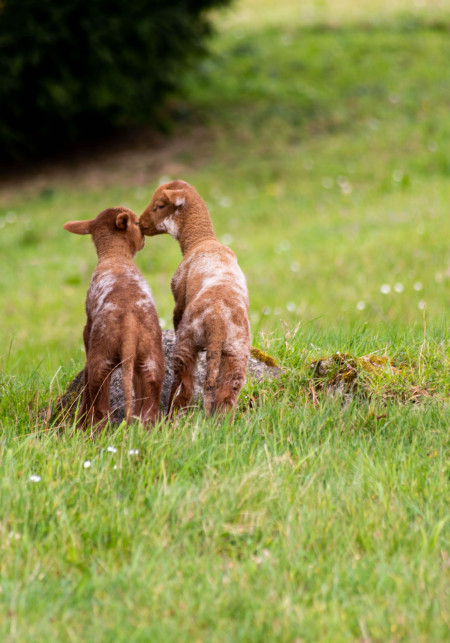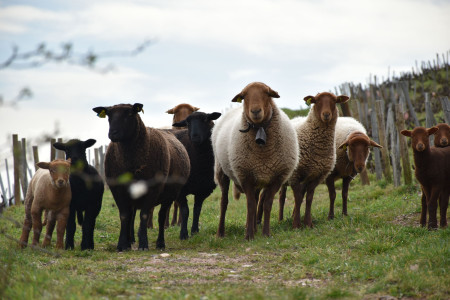1,000 years after its history began, Château de Poncié continues to evolve with the viticultural and agricultural values that have always shaped it. With ever greater respect for its ecosystem, the Estate has now switched to organic farming.
Unique for the quality of its terroirs, already renowned in previous epochs as being the best of their time, it is composed of parcels, terraced vineyards, groves, and gardens. There are no less than 40 different terroirs. An invaluable asset to express all the nuances of Fleurie and its region.







